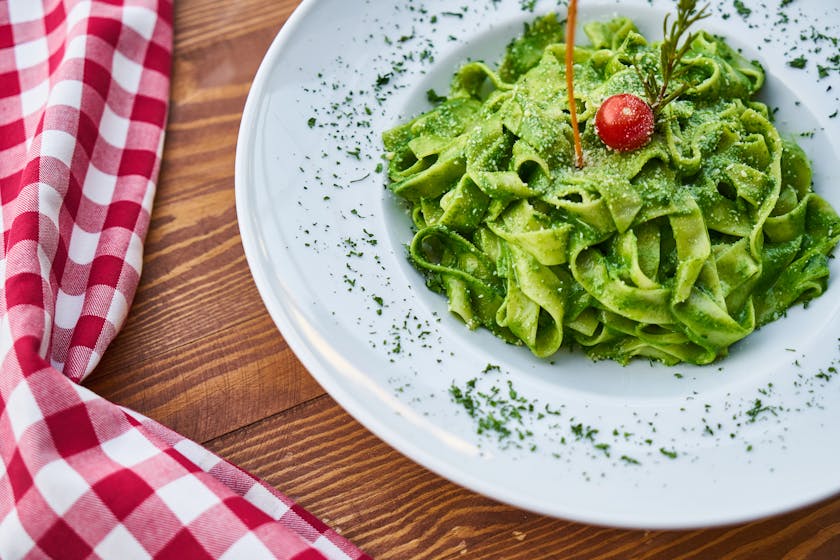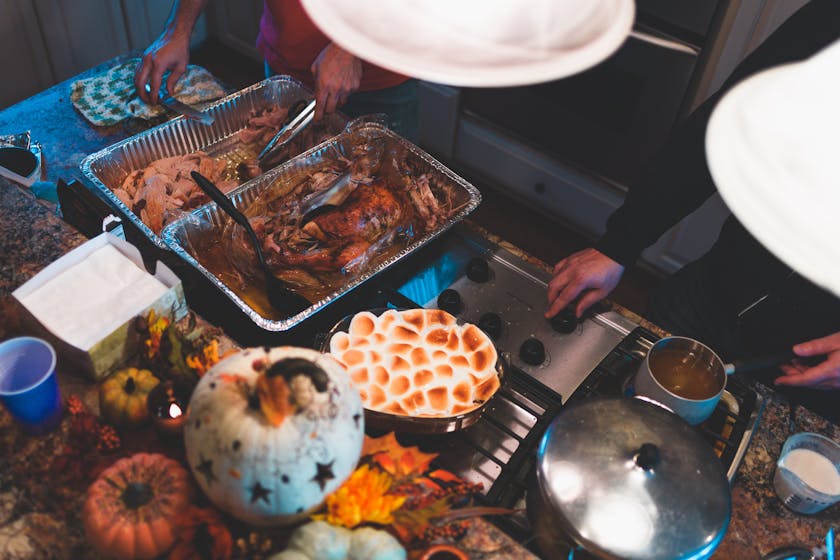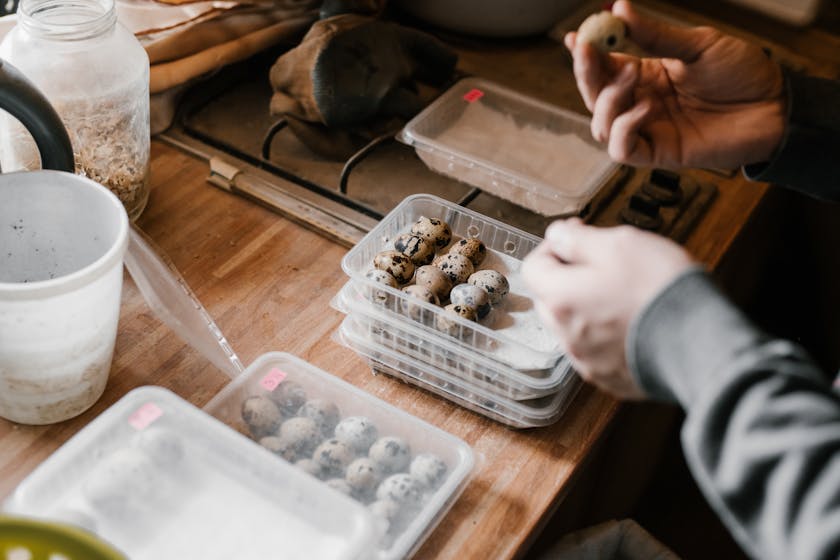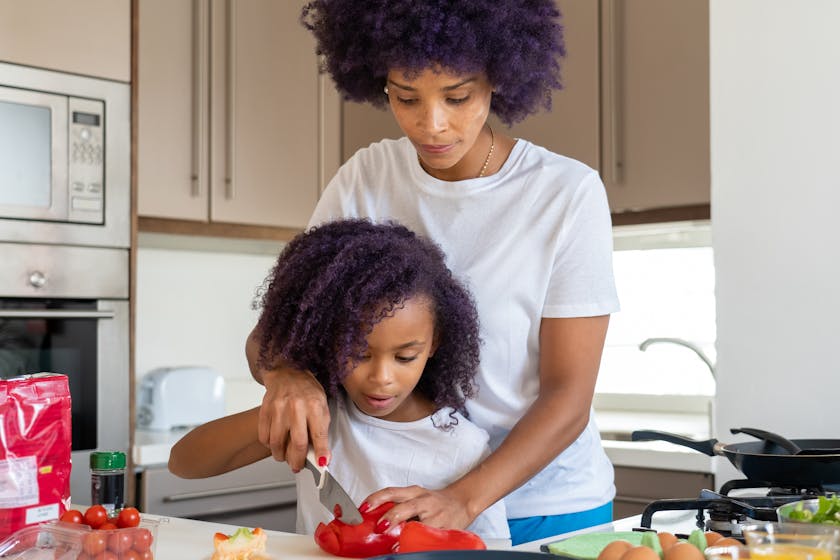If the idea of cooking every day feels overwhelming, adopting strategies for cooking once and eating all week could be your mealtime game-changer. This approach, often called once-a-month cooking or batch cooking, involves preparing several meals at once and storing them for future use. It not only saves time but also reduces food waste and helps with budgeting. Here’s your ultimate guide to mastering the art of cooking once for a hassle-free week.
Plan Your Meals Meticulously
The first step in successful batch cooking is to plan your meals. Start by deciding on the recipes you want to cook for the week. Think about meals that freeze well and reheat easily, such as casseroles, soups, and stews. Create a detailed shopping list to ensure you buy everything you need in one trip. Remember to consider portion sizes and how you will store your meals.
Choose Recipes Wisely
Selecting the right recipes is crucial for your once-a-week cooking strategy. Opt for dishes with overlapping ingredients to streamline your shopping and cooking process. Additionally, choose recipes that require different cooking methods (e.g., baking, slow-cooking, sautéing) so you can prepare multiple dishes simultaneously.
Invest in Quality Storage Solutions
Proper storage is key to keeping your meals fresh and tasty. Invest in a set of high-quality, airtight containers that are both freezer and microwave safe. Label each container with the date and contents to keep track of what you have and to use the oldest meals first.
Organize Your Kitchen and Cooking Process
Before you begin cooking, ensure your kitchen is organized. Group ingredients for each recipe together and pre-measure spices and seasonings. Follow a cooking sequence that maximizes efficiency, such as starting with meals that take the longest to cook.
Master the Art of Multitasking
While one dish is in the oven, start prepping or cooking another. Use idle time to clean up, which will make the process less daunting. Remember that multitasking effectively means being aware of cooking times and temperatures to avoid overcooking or burning your meals.
Utilize a Variety of Cooking Appliances
Make the most of all your kitchen appliances to expedite the cooking process. Slow cookers, pressure cookers, and rice cookers can all operate simultaneously, and each offers a set-and-forget convenience that’s perfect for batch cooking.
Freezing and Reheating Your Meals
Allow cooked food to cool completely before freezing to prevent the growth of bacteria. Freeze meals in portions that make sense for you or your family, and remember to leave space in containers for food to expand as it freezes. When reheating, ensure that food is heated thoroughly to the right temperature for safe consumption.
Stay Flexible with Your Meal Plan
While it’s great to have a plan, be prepared to adjust it as needed. If you find that you’re not in the mood for a certain meal, swap it with another day’s offering. The goal of once-a-month cooking is to alleviate stress, not add to it, so flexibility is key.
Keep It Interesting
To avoid meal fatigue, include a variety of flavors and textures in your recipes. Use a mix of spices, herbs, and sauces to keep things interesting. You can also plan to cook one or two fresh meals during the week to break up the routine.
By implementing these strategies for cooking once and eating all week, you can streamline your meal preparation process, save time, and enjoy delicious, home-cooked meals every day with minimal effort. It’s all about planning, organizing, and cooking smart. Now, with your fridge and freezer stocked, you’re ready to tackle the week ahead with one less thing to worry about.




